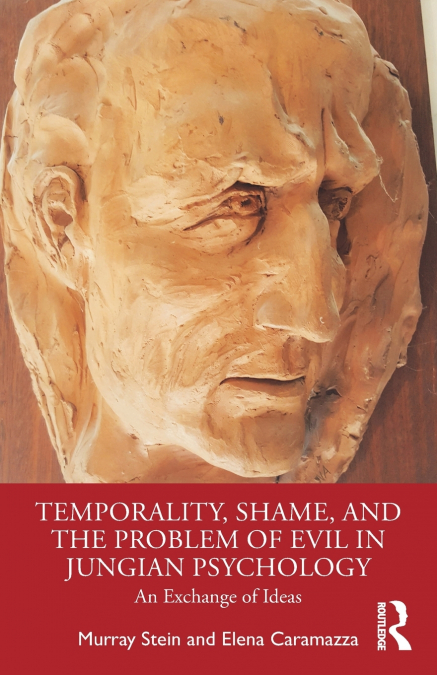
Elena Caramazza / Murray Stein
In a unique epistolary style, authors Murray Stein and Elena Caramazza share their rich and reflective conversations surrounding the themes of temporality, shame, and evil through letters, essays, and email correspondence. Ignited by Wolfgang Pauli’s 'The Piano Lesson,' Stein and Caramazza study the function of temporality and consider the importance of shame and evil to this relationship. In this book Stein shows how Pauli, as a result of his contact with C.G. Jung and analytical psychology, embarked on a thought experiment to merge two currents of scientific thought: quantum physics and depth psychology.In his work of active imagination 'The Piano Lesson,' Pauli playfully brings together the former, which supplies a causal explanation of the mechanics of the material world, and the latter, which supplies an approach to meaning. The problem of how to merge the two currents in one language is presented in Pauli’s symbolic solution, piano music, which combines the black and white keys in a single harmony. This music symbolizes a unified theory that combines the explanations of causality and the meaning delivered by synchronicity.Presenting an original approach to synchronicity and dis-synchronicity, this interdisciplinary and innovative exchange concludes with a script written by Murray Stein, inspired by Pauli, as well as an afterword by influential Jungian scholars. This book will be a key reference for undergraduate and postgraduate courses and seminars in Jungian and post-Jungian studies, philosophy, psychoanalytic studies, psychology, and the social sciences.